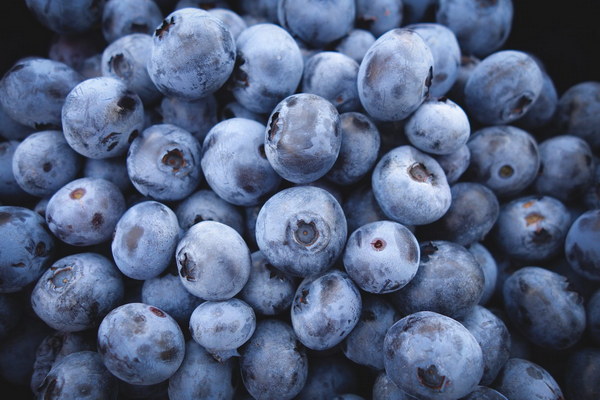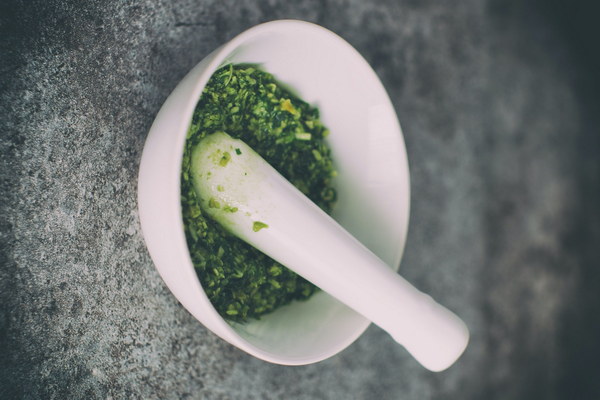Navigating Winter Health Myths The Truth Behind X Clinic's Nutritional Misconceptions
As the temperatures drop and the winter season approaches, many people turn to traditional remedies and nutritional supplements to boost their immune systems and stay healthy. However, not all winter health practices are backed by scientific evidence, and some can even be harmful. In this article, we will explore the common winter health myths and the truth behind them, specifically focusing on the nutritional misconceptions at X Clinic.
Myth 1: Consuming High Amounts of Vitamin C Will Prevent Cold and Flu
One of the most widespread winter health myths is the belief that taking high doses of vitamin C can prevent colds and flu. While vitamin C is essential for immune function, it does not act as a shield against these illnesses. In fact, excessive intake of vitamin C can lead to gastrointestinal issues, kidney stones, and other complications. The recommended daily allowance of vitamin C for adults is 90 milligrams for men and 75 milligrams for women, which can be easily obtained through a balanced diet.
Myth 2: Eating More Salt Will Keep You Warm
Another common misconception is that increasing salt intake will help keep you warm during the winter. While salt does play a role in maintaining body temperature by enhancing the sensation of warmth, excessive salt consumption can lead to health problems such as high blood pressure, heart disease, and kidney disease. It is important to maintain a balanced diet and limit salt intake to the recommended levels, which are 2,300 milligrams per day for most adults.

Myth 3: Chicken Soup Cures the Common Cold
Chicken soup has been a traditional remedy for colds and flu for generations. While it may not be a magic cure, the warmth and comfort it provides can help alleviate some of the symptoms. However, the idea that chicken soup can cure a cold is not supported by scientific evidence. To boost your immune system, focus on consuming a balanced diet rich in vitamins and minerals, staying hydrated, and getting enough rest.
Myth 4: Taking Echinacea Supplements Will Prevent and Treat Cold and Flu
Echinacea, a popular herbal supplement, is often believed to prevent and treat colds and flu. However, research has shown that the evidence supporting its effectiveness is limited. Some studies suggest that echinacea may help reduce the duration of a cold or flu, but it is not a guaranteed cure. It is important to consult with a healthcare professional before starting any new supplement regimen.
Myth 5: Consuming High Amounts of Honey Will Boost Immune System
Honey is often praised for its health benefits, including its ability to boost the immune system. While honey does have some immune-boosting properties, consuming large amounts of it is not recommended. Honey is high in sugar and calories, and excessive intake can lead to weight gain and dental problems. It is best to enjoy honey in moderation as part of a balanced diet.
Conclusion
The winter season brings with it numerous health myths and misconceptions. While some traditional remedies may offer some comfort or relief, it is essential to rely on scientific evidence when it comes to maintaining your health. At X Clinic, we strive to provide accurate information and guidance to help our patients make informed decisions about their health. Remember, a balanced diet, adequate hydration, and regular exercise are key components of a strong immune system, regardless of the season.









